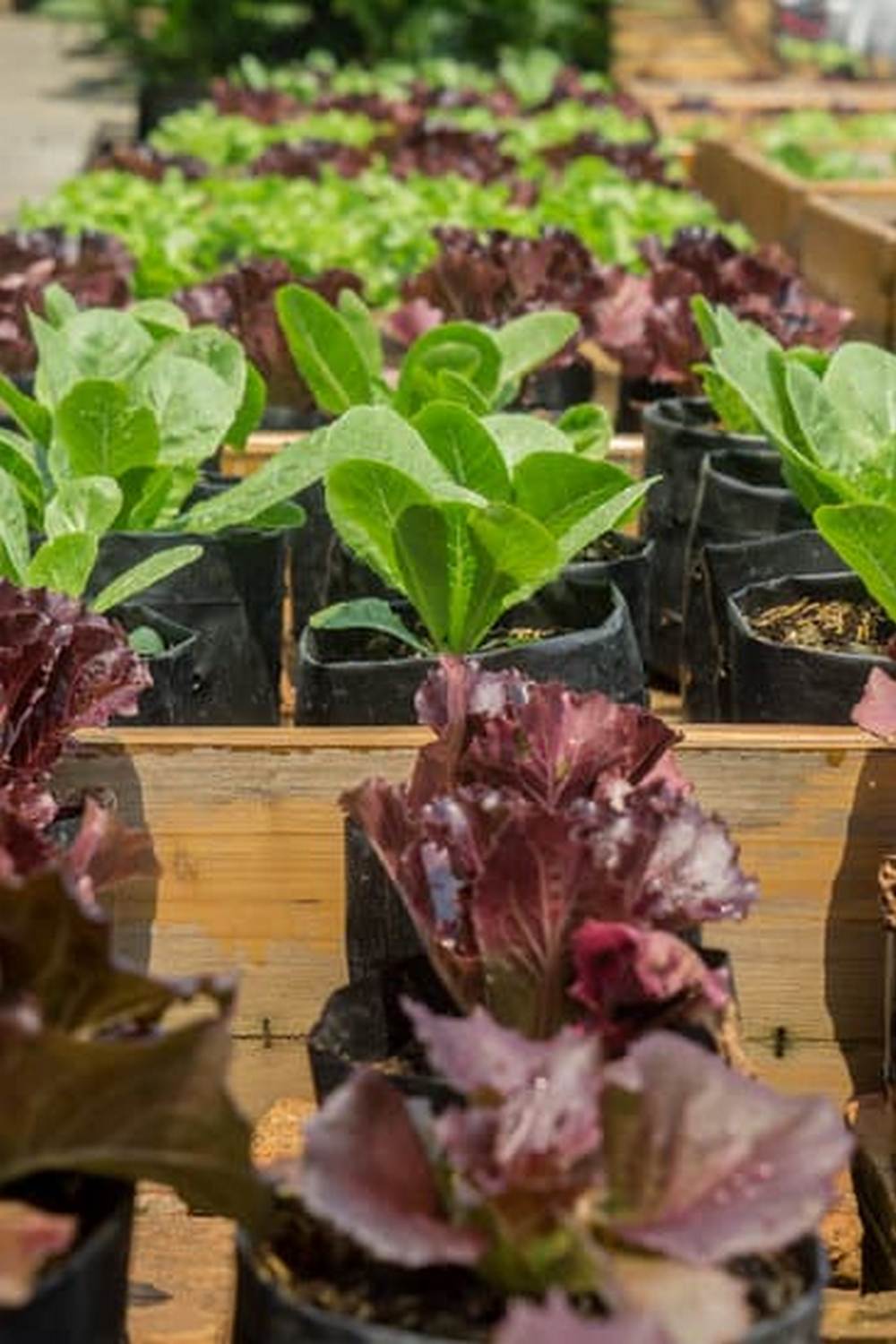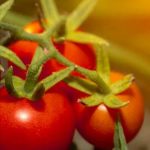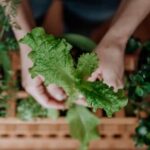Are you looking to create a thriving vegetable container garden? The key to success lies in using the best organic soil for vegetable container gardening. Organic soil not only provides essential nutrients for your plants but also promotes healthy growth and overall sustainability.
When it comes to container gardening, the quality of the soil plays a crucial role in determining the success of your plants. Choosing the right organic soil can make all the difference in cultivating a bountiful harvest of fresh vegetables right at your fingertips. By opting for organic soil, you are ensuring that your plants receive natural and chemical-free nourishment, leading to healthier produce.
In this article, we will delve into the benefits of using organic soil for vegetable container gardening. From understanding the importance of soil quality to providing tips on maintaining healthy soil in your container garden, we will guide you through everything you need to know to create a successful and sustainable vegetable garden in containers.
Get ready to discover how to make your own organic soil mix and learn about common mistakes to avoid along the way. Join us on this journey towards growing vibrant and nutritious vegetables in your very own container garden.
Understanding the Importance of Soil Quality in Container Gardening
When it comes to container gardening, the quality of the soil used plays a crucial role in determining the success of your vegetable plants. As the plants are restricted to a confined space, they rely heavily on the nutrients present in the soil for their growth and development. This is why choosing the best organic soil for vegetable container gardening is essential for ensuring healthy and thriving plants.
Organic soil is preferred for vegetable container gardening because it is rich in essential nutrients that are vital for plant growth. These nutrients are derived from natural sources and are slowly released into the soil, providing a steady supply to the plants over time. Additionally, organic soil promotes beneficial microbial activity in the container, creating a healthy environment for root growth and nutrient absorption.
The best organic soil for vegetable container gardening should have a balanced mix of ingredients such as compost, peat moss, perlite, and vermiculite. These components help improve soil structure, water retention, and drainage – all critical factors for successful container gardening. By using high-quality organic soil mixtures, you can create an optimal growing medium that will support your vegetable plants throughout their growth cycle.
Factors to Consider When Choosing the Best Organic Soil for Vegetable Container Gardening
When choosing the best organic soil for vegetable container gardening, there are several important factors to consider to ensure the success of your plants. Here are some key considerations to keep in mind:
1. Nutrient Content: One of the most important factors to consider when choosing organic soil for vegetable container gardening is the nutrient content. Look for a soil mix that is rich in essential nutrients such as nitrogen, phosphorus, and potassium. These nutrients are crucial for the healthy growth of your vegetables.
2. Water Retention: Another important factor to consider is the water retention capability of the soil. Vegetables grown in containers require consistent moisture levels to thrive. Choose a soil mix that has good water retention properties, ensuring that your plants receive an adequate amount of moisture.
3. Soil Structure: The structure of the soil is also crucial for proper root development and overall plant growth. Opt for a well-draining organic soil mix that allows for proper aeration and root penetration. A loose and friable texture will help prevent waterlogging and root rot issues.
How to Make Your Own Organic Soil Mix for Container Gardening
When it comes to container gardening, the quality of the soil plays a crucial role in the health and growth of your vegetables. Making your own organic soil mix can be a cost-effective and rewarding way to ensure that your plants have the best possible growing medium.
One of the key advantages of creating your own organic soil mix is that you have full control over the ingredients, allowing you to customize it to meet the specific needs of your vegetable plants.
To make your own organic soil mix for container gardening, start by choosing high-quality base components such as organic potting soil or garden compost. These will provide essential nutrients and good drainage for your plants. Next, consider adding ingredients like perlite or vermiculite to improve aeration and water retention in the soil. Additionally, incorporating natural amendments such as composted manure or worm castings can further enrich the soil with beneficial microorganisms.
A simple recipe for a basic organic soil mix could include equal parts of organic potting soil, perlite, and compost. This blend provides a rich, well-draining environment for vegetable roots to thrive. Experimenting with different ratios and ingredients can help you find the perfect formula for your specific container gardening needs. By making your own organic soil mix, you can ensure that your vegetables are getting the best possible nutrients while promoting a healthy and sustainable growing environment.
| Ingredients | Ratios |
|---|---|
| Organic potting soil | 1 part |
| Perlite | 1 part |
| Compost | 1 part |
Tips for Maintaining Healthy Soil in Your Container Garden
Maintaining healthy soil in your container garden is crucial to the success of your vegetable plants. By ensuring your soil has the right balance of nutrients, moisture, and aeration, you can promote strong and healthy growth for your vegetables. Here are some tips to help you maintain healthy soil in your container garden:
Regularly Check Soil Moisture
One of the key factors in maintaining healthy soil is to monitor its moisture level regularly. Different plants have different water requirements, so it’s essential to adjust your watering schedule accordingly. Overwatering can lead to root rot and other issues, while underwatering can cause nutrients to become concentrated and harm plant roots.
Provide Nutrient-Rich Soil Amendments
To ensure that your vegetables have access to essential nutrients, consider adding organic soil amendments such as compost, worm castings, or aged manure. These amendments not only provide nutrients but also improve the overall structure of the soil, promoting better drainage and aeration.
Rotate Your Crops
Rotating your crops in container gardening can help maintain healthy soil by preventing nutrient depletion and disease buildup. Different vegetables have different nutrient needs, so rotating them allows the soil to recover and replenish itself naturally. It also helps break the life cycle of pests and diseases that may be specific to certain crops.
By following these tips for maintaining healthy soil in your container garden, you can create an optimal growing environment for your vegetable plants. Remember that using the best organic soil for vegetable container gardening will set a strong foundation for healthy plant growth and bountiful harvests.
Common Mistakes to Avoid When Using Organic Soil for Vegetable Container Gardening
When it comes to vegetable container gardening, using the best organic soil is essential for the success of your plants. The right soil can provide the necessary nutrients and support for healthy growth and abundant harvests. By understanding the benefits of organic soil and the importance of soil quality in container gardening, you can create a thriving garden full of vibrant vegetables.
While choosing the best organic soil for vegetable container gardening, there are several factors to consider such as drainage, water retention, and nutrient content. It is important to select a high-quality organic soil mix that is specifically formulated for container gardening to ensure optimal plant growth. Additionally, making your own organic soil mix can be a cost-effective and sustainable alternative that allows you to customize the blend based on your specific plant needs.
To maintain healthy soil in your container garden, regular monitoring and maintenance are key. Proper watering techniques, fertilization schedules, and pest management strategies can help prevent common issues such as nutrient deficiencies and soil compaction.
By following these tips and avoiding common mistakes like overwatering or using poor quality soil, you can create a thriving vegetable container garden that yields bountiful crops throughout the growing season. Choose the best organic soil for vegetable container gardening to support your plants’ growth and ensure a fruitful harvest.
Frequently Asked Questions
What Kind of Soil Is Best for Growing Vegetables in Containers?
The best soil for growing vegetables in containers is a lightweight, well-draining potting mix. This type of soil allows for proper aeration and moisture retention, essential for healthy root growth and plant development.
What Is the Best Soil for Organic Container Gardening?
When it comes to organic container gardening, the best soil option is an organic potting mix or a blend of compost, peat moss, and perlite. These components provide the necessary nutrients and structure for plants to thrive without synthetic additives.
What Is the Best Soil Mixture for an Organic Vegetable Garden?
For an organic vegetable garden, the best soil mixture usually consists of compost, manure, peat moss, and vermiculite or perlite. This combination offers a balanced blend of nutrients, good drainage, moisture retention, and a suitable environment for beneficial microorganisms.

If you’re looking to get into vegetable gardening, or are just looking for some tips on how to make your current garden better, then you’ve come to the right place! My name is Ethel and I have been gardening for years. In this blog, I’m going to share with you some of my best tips on how to create a successful vegetable garden.





